Product Liability: Do KN965 masks put healthcare workers at risk?
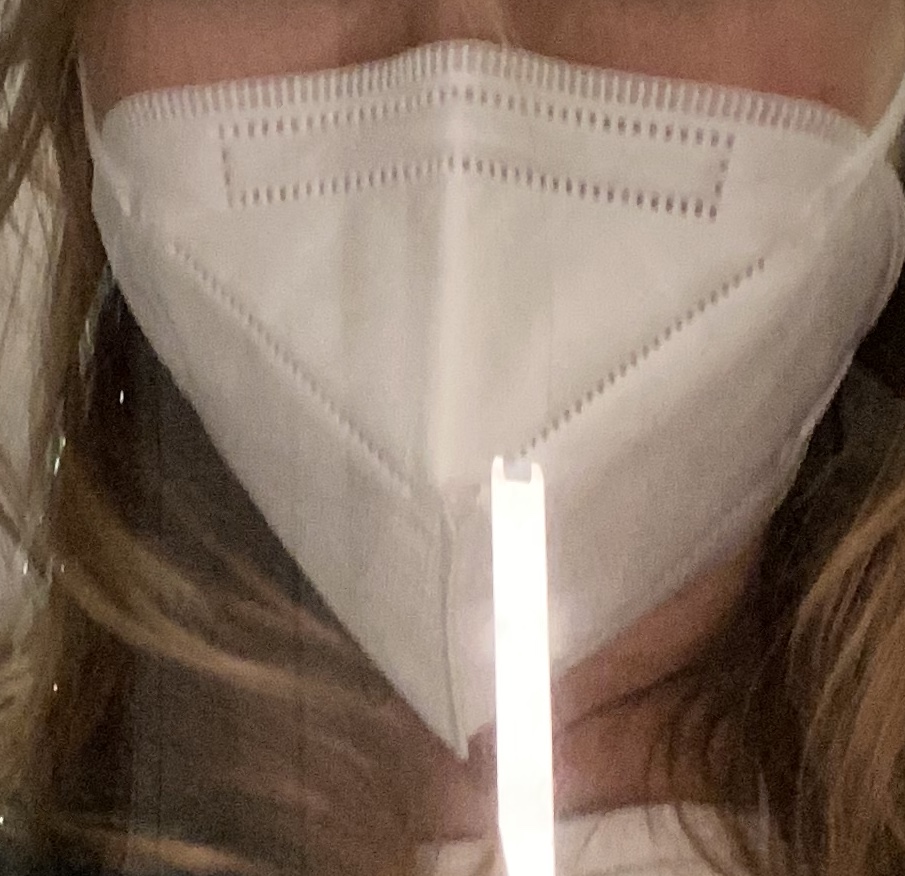 Are KN95 masks provided to healthcare workers reliable? The high demand of N95 masks has disrupted the usual supply chain. Therefore hospitals and other healthcare facilities had to turn to non traditional suppliers of PPE here in the US or in other countries. While things are not as bad as they used to be at the beginning of the covid-19 crisis, disruptions still occur and a lot a unscrupulous manufacturers are trying to sell counterfeit or defective products to hospitals.
Are KN95 masks provided to healthcare workers reliable? The high demand of N95 masks has disrupted the usual supply chain. Therefore hospitals and other healthcare facilities had to turn to non traditional suppliers of PPE here in the US or in other countries. While things are not as bad as they used to be at the beginning of the covid-19 crisis, disruptions still occur and a lot a unscrupulous manufacturers are trying to sell counterfeit or defective products to hospitals.
When turning to non traditional suppliers how can healthcare providers make sure that they are buying masks that will protect their workers?
The ECRI institute recently published a video with recommendations form experts on how to vet a new mask supplier. Here are the top 10 recommendations:
 New York Personal Injury Attorneys Blog
New York Personal Injury Attorneys Blog



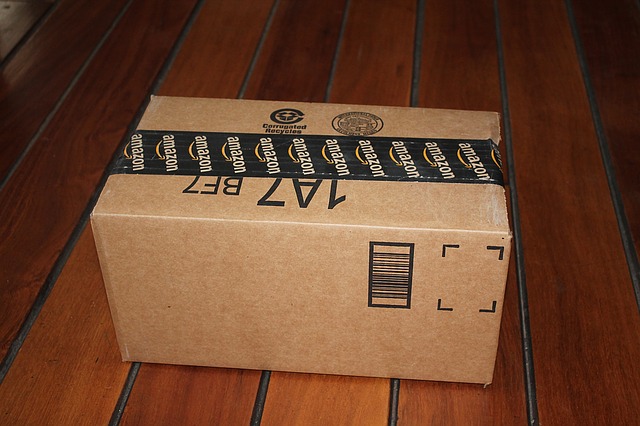

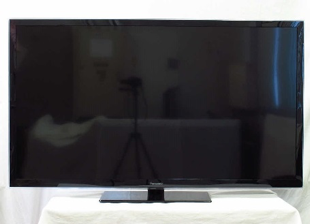
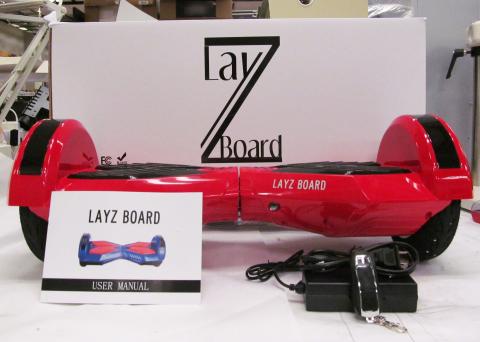
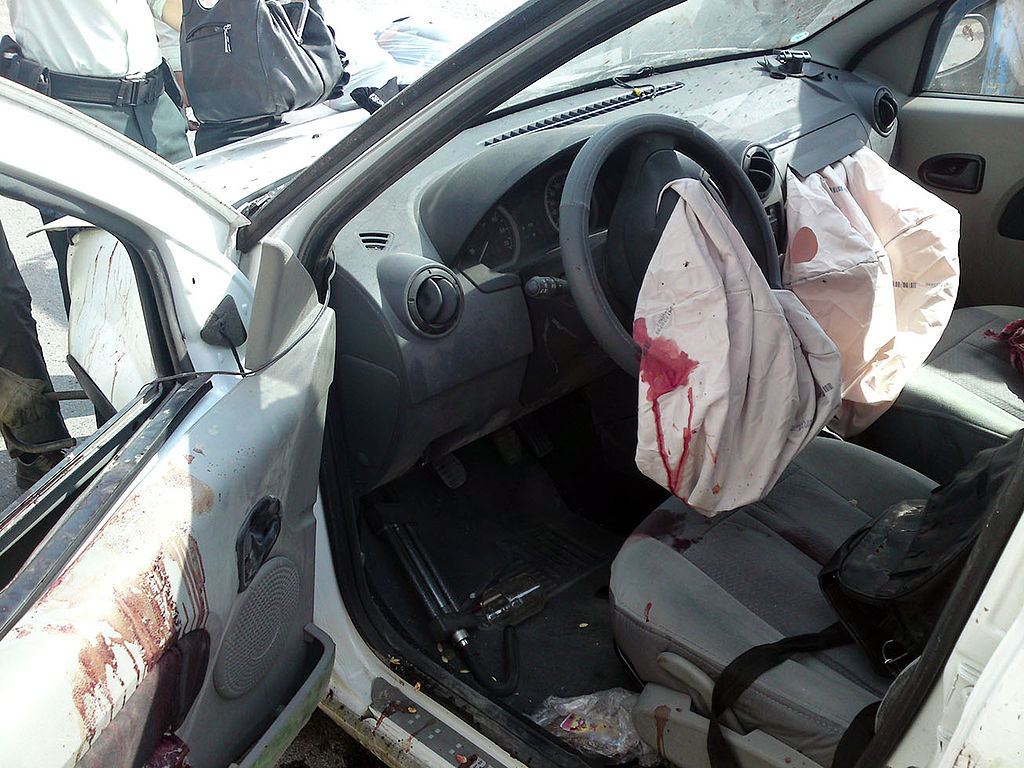 Takata just recalled an additional 2.7 million vehicles that may have a
Takata just recalled an additional 2.7 million vehicles that may have a 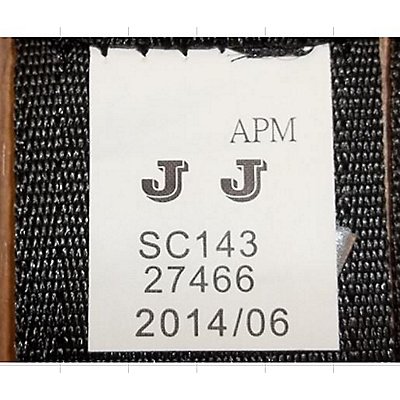
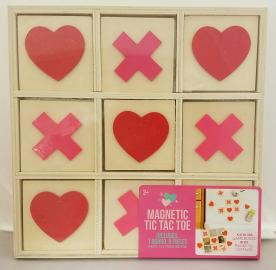
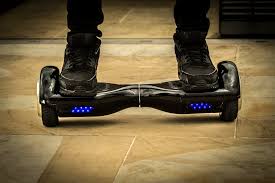 A 3 year old girl died from her injury after a hoverboard explosion caused a major fire in her apartment in Harrisburg, PA, last Friday night. The hoverboard battery was charging at the time of the explosion. The girl fell from the second story of her home as she was trying to escape the blaze that was ravaging her apartment. Her two sisters suffered critical burn injuries and her dad as well as a teenage boy who was in the house at the time of the accident, were treated for smoke inhalation.
A 3 year old girl died from her injury after a hoverboard explosion caused a major fire in her apartment in Harrisburg, PA, last Friday night. The hoverboard battery was charging at the time of the explosion. The girl fell from the second story of her home as she was trying to escape the blaze that was ravaging her apartment. Her two sisters suffered critical burn injuries and her dad as well as a teenage boy who was in the house at the time of the accident, were treated for smoke inhalation. 